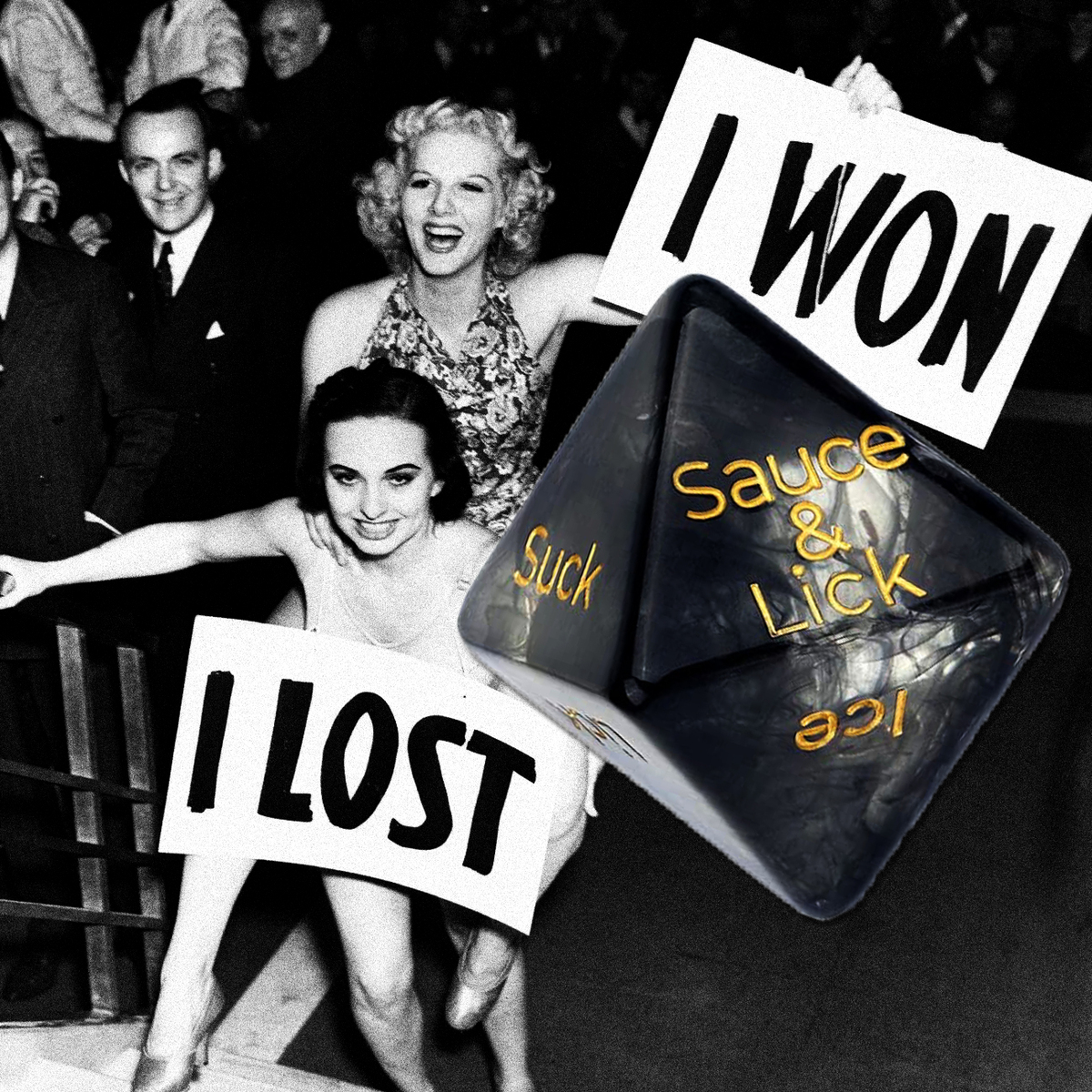A Theory On Why Long Distance Relationships Don't Work
I have a lot of friends who are questioning whether their long distance relationships are worth the trouble. Ever since I tried it (even though I was 18 and it was only about an hours drive distance), Ive sworn Id nev...
I have a lot of friends who are questioning whether their long distance relationships are worth the trouble. Ever since I tried it (even though I was 18 and it was only about an hour's drive distance), I've sworn I'd never try it again.
I've developed a theory on what makes a strong relationship. It's called the "Down Time-Crisis Theory". Take a look, and tell me if you agree with it orf disagree. It is the main reason why most long distance relationships don't work.
The Downtime-Crisis Theory states that no relationship is strong and complete without a sufficient amount of down time spent together along with crisis situations.
Stay In The Know
Get exclusive access to fashion and beauty trends, hot-off-the-press celebrity news, and more.
Everyone has fun on big "event" dates. Let's say you are compatible and have a great time together. So, you got out on a lot of big "event dates": dinners, weddings, Broadway shows, movies, etc. Who doesn't enjoy a wonderful meal at a great restaurant? The argument can even be made that a great dinner or Broadway show makes your companion even more attractive. I mean, an awesome dinner and show would make even Darth Vaderbearable.

This thinking lends credence to the idea that relationships gather strength during down time. You're not hitting the best bars and restaurants, traveling to beautiful seaside towns, or frequenting top-tier art openings. You are taking walks, vegging in front of the TV, running errands together, maybe cooking dinner at home and watching a movie. The smaller things without the fanfare put more focus on your conversation. Walking around in jeans and socks in your apartment with your significant other feels much more down-to-earth than appearing together at a black tie event. Of course big dates are wonderful and a necessary part of a relationship. But if it's disproportionate to the down time you spend together, you may not get a good read on how compatible you are.
The crisis part of the theory states that you must go through crises together to understand how compatible you are. In an earlier post I mentioned running out of gas together. It can be any sort of crisis such as babysitting a friend's poorly behaved child together, getting stuck with a creepy person at a wedding table, running out of money in a foreign country on a trip together, or getting dragged to a Celine Dion concert with friends. How do you guys work it out? Do you work together as a team, and find the humor in it—jokingly blaming each other or playfully taking credit for solutions? Or do you freak out and blame each other, proposing theories like: "If you had just listened to me, this would have worked out." Also stated in a previous post: crisis situations can actually turn out to be some of the most romantic times of our lives.

So you want to try the long distance thing. It may not work in light of my Down Time-Crisis Theory. When you see one another, you're always going to be on the go.
"OK, you're coming to town, we have to go to dinner here, see my parents here (which actually might give you a chance for crisis), see this show, and (wow there's only a week together we need to squeeze all of these activities into a short amount of time)..."
There's no down time. No calling up on a whim and watching TV together or making dinner together or going on a spontaneous day trip or picnic. And, even if you can, separation is inevitable because the visiting significant other must go back to wherever they live.
Plenty of regular non-long-distance relationships suffer because people are always on the go and don't take the time to actually get to know each other. The Down Time-Crisis Theory simply says that you need to have low stress time and high stress time together to really get to know each other. Long distance doesn't permit that time. However, plenty of long distance relationships work. So, those of you who have successfully accomplished it—how have you done it? And, also, do you all agree or disagree with my Down Time-Crisis Theory?
-
 Princess Anne's Unexpected Suggestion About Mike Tindall's Nose
Princess Anne's Unexpected Suggestion About Mike Tindall's Nose"Princess Anne asked me if I'd have the surgery."
By Amy Mackelden Published
-
 Queen Elizabeth's "Disapproving" Royal Wedding Comment
Queen Elizabeth's "Disapproving" Royal Wedding CommentShe reportedly had lots of nice things to say, too.
By Amy Mackelden Published
-
 Palace Employees "Tried" to Get King Charles to "Slow Down"
Palace Employees "Tried" to Get King Charles to "Slow Down""Now he wants to do more and more and more. That's the problem."
By Amy Mackelden Published
-
 The All-Time Favorite Sex Positions of 11 Real Women
The All-Time Favorite Sex Positions of 11 Real WomenFeatures "It makes me feel like the sexiest woman on earth."
By The Editors Published
-
 The 22 Best Vibrators, According to Sex Toy Experts
The 22 Best Vibrators, According to Sex Toy ExpertsThe vibes are immaculate.
By Gabrielle Ulubay Last updated
-
 The 20 Best Sex Games for Couples in 2023
The 20 Best Sex Games for Couples in 2023Who said game nights need to be wholesome?
By Gabrielle Ulubay Last updated
-
 The 14 Best Lubes for Every Need
The 14 Best Lubes for Every NeedGood sex should always go smoothly.
By Gabrielle Ulubay Last updated
-
 30 Female-Friendly Porn Websites for Any Mood
30 Female-Friendly Porn Websites for Any MoodFeatures All the best websites, right this way.
By Kayleigh Roberts Published
-
 The 82 Best Cheap Date Ideas for Couples on a Budget
The 82 Best Cheap Date Ideas for Couples on a Budget"Love don't cost a thing." —J.Lo
By The Editors Last updated
-
 Diary of a Non-Monogamist
Diary of a Non-MonogamistRachel Krantz, author of the new book 'Open,' shares the ups and downs of her journey into the world of open relationships.
By Abigail Pesta Published
-
 COVID Forced My Polyamorous Marriage to Become Monogamous
COVID Forced My Polyamorous Marriage to Become MonogamousFor Melanie LaForce, pandemic-induced social distancing guidelines meant she could no longer see men outside of her marriage. But monogamy didn't just change her relationship with her husband—it changed her relationship with herself.
By Melanie LaForce Published